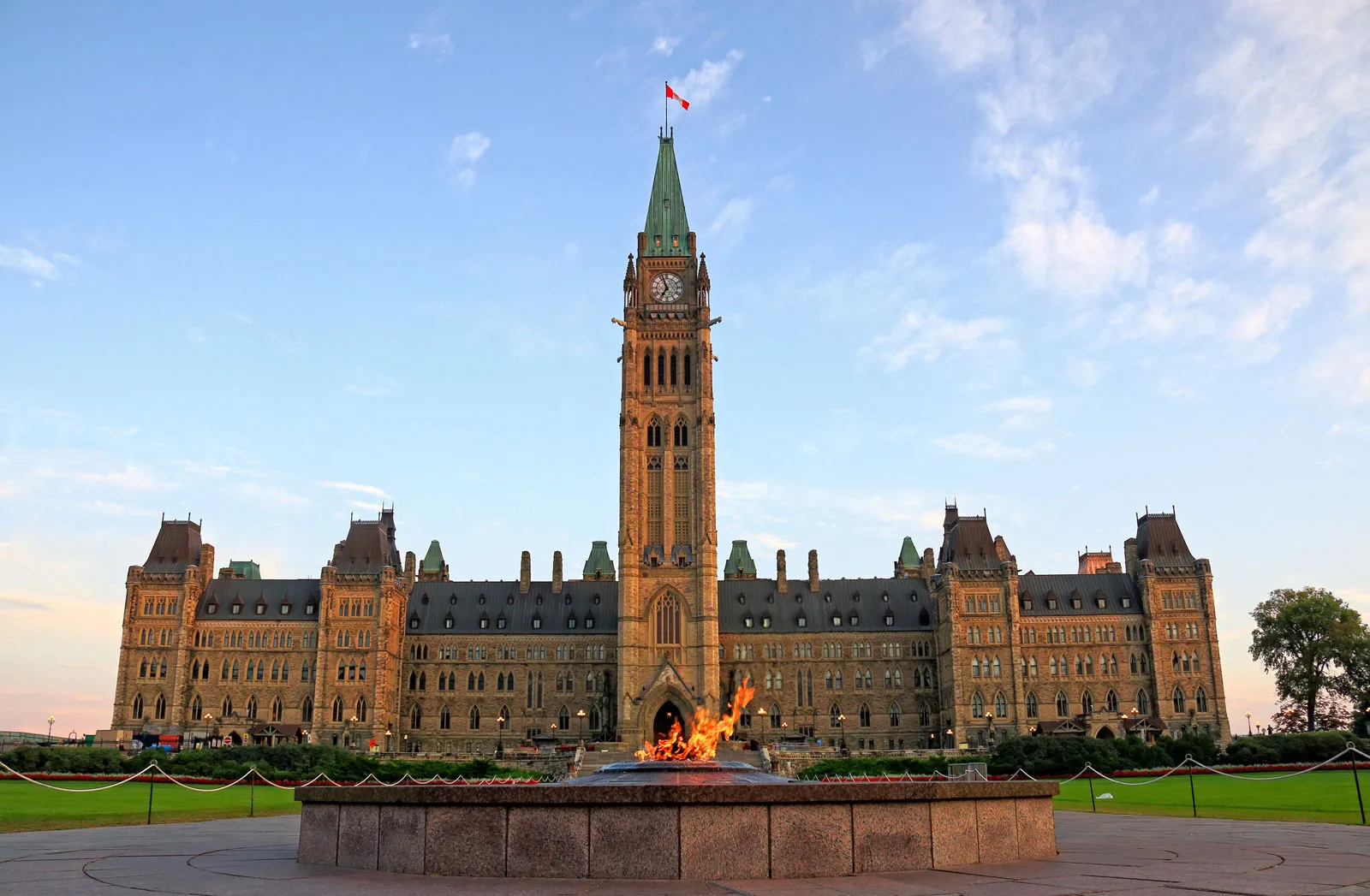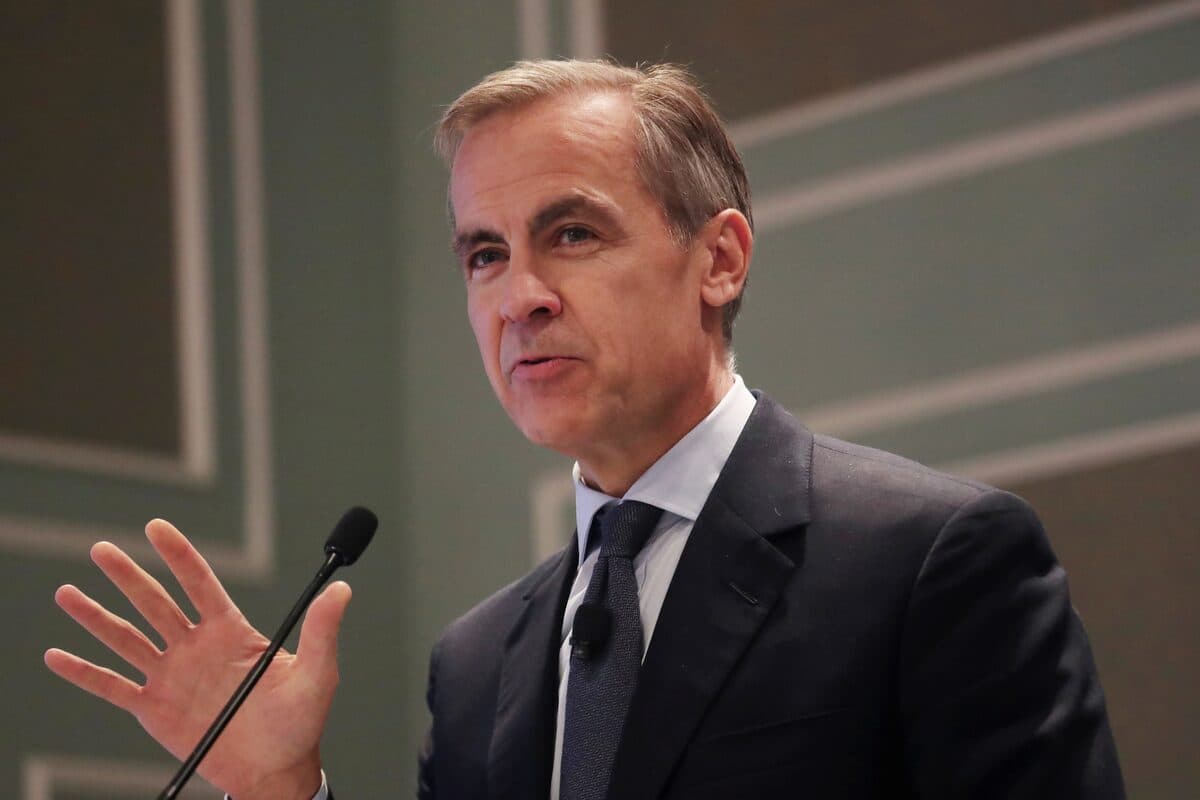Prime Minister Mark Carney"s recent announcement at the NATO summit has sent shockwaves through Canadian politics. With a pledge to increase military spending to a staggering 5% of GDP by 2035, the government is prioritizing defense over pressing social needs, a decision that could lead to annual federal deficits exceeding $85 billion. This radical shift raises critical questions about national priorities and the future of civil rights in Canada.
Massive Budget Deficits Loom
According to a report by the C.D. Howe Institute, the cumulative deficit could reach a staggering $342.7 billion over the next four years if promised savings in the Liberal election platform fail to materialize. This financial trajectory not only threatens fiscal stability but also jeopardizes essential services that millions of Canadians rely on daily.
Implications for Social Programs
The decision to allocate such a significant portion of the budget to military expenditure raises alarms about the future of social programs. As federal resources are redirected to meet NATO commitments, areas like healthcare, education, and housing may suffer. The commitment to military spending comes at a time when social inequality is on the rise, and the need for investment in community services has never been more critical.
Rising Costs of Living
With inflation rates soaring and the cost of living climbing, Canadians are feeling the pinch. The government’s focus on military spending at the expense of social services could exacerbate economic hardships for vulnerable populations. As reported by NATO Secretary-General Mark Rutte, the commitment to defense is intended to bolster collective security, yet it risks neglecting the very citizens whose welfare is supposed to be safeguarded.

Visiting Ottawa - Corporate Stays
Potential Political Fallout
Political analysts are already predicting a backlash from constituents who feel betrayed by a government that appears more focused on appeasing NATO allies than addressing domestic challenges. The Liberal Party"s political capital may be depleted as voters question the rationale behind prioritizing military investments over pressing social issues. The financial burden of $90 billion in additional military spending could drive a wedge between the government and its base, particularly among progressives who champion civil rights and social justice.
The Defense vs. Social Justice Debate
This decision also reignites a long-standing debate on the intersection of defense spending and social justice. Critics argue that diverting funds from social programs to defense undermines efforts to address systemic inequalities and civil rights issues. The potential for increased militarization of society raises concerns about the balance between security and the protection of civil liberties.
Calls for Accountability and Transparency
As the government moves forward with these ambitious military commitments, calls for transparency and accountability are becoming louder. Advocates demand that the government provide a clear breakdown of how these funds will be allocated and the expected outcomes. The current trajectory raises questions about the government"s commitment to democratic governance and the prioritization of citizen welfare over military objectives.
Future of Civil Rights in Canada
The implications of this military spending spree extend beyond the budget. As civil society organizations and activists monitor the government"s actions, the potential erosion of civil rights looms large. In a time of escalating global tensions, it is essential for Canadians to remain vigilant and demand that their government prioritize the well-being of its citizens alongside national defense.

ASHRAE sets new targets – industry news for September 19, 2024



![[Video] Gunfire between Iraqi security forces and Sadr militias in Baghdad](/_next/image?url=%2Fapi%2Fimage%2Fthumbnails%2Fthumbnail-1768343508874-4redb-thumbnail.jpg&w=3840&q=75)
